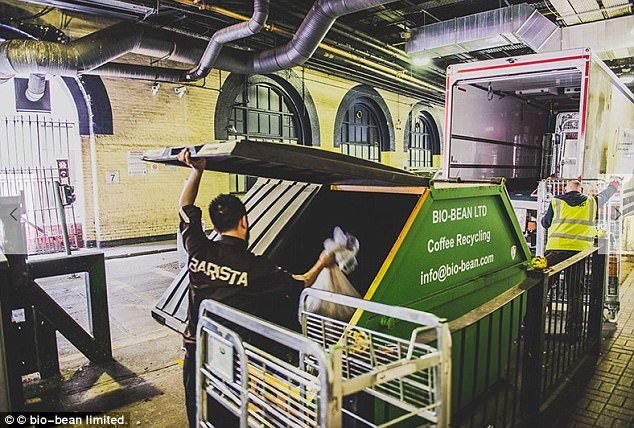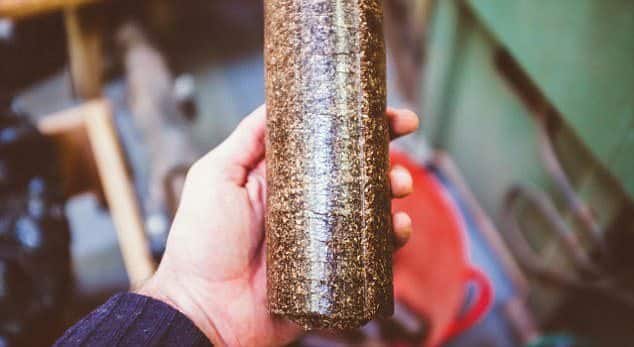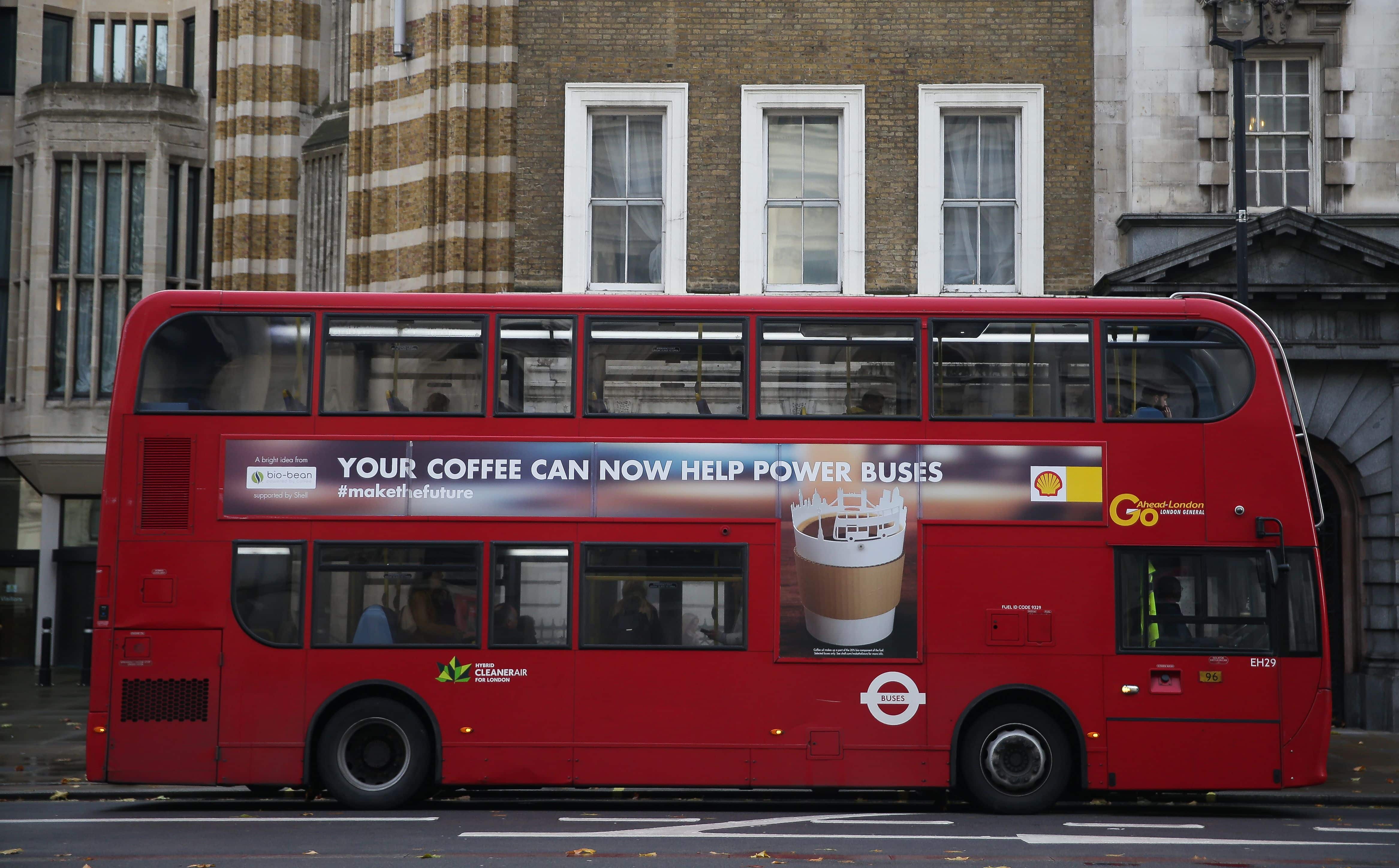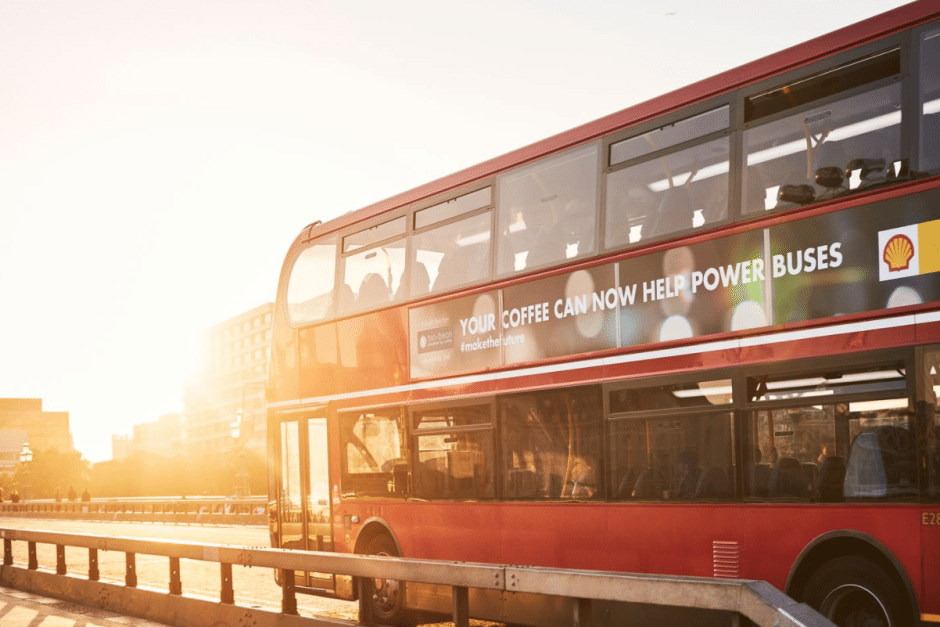Not Just Fuelling Your Day, Coffee to Now Power London’s Buses As Well!!
Let’s raise a toast to the best part of waking up.. Coffee. It is gasoline for humans, helps slay the day instead of wanting to crawl under your desk to sleep. And now, thanks to a new project in London, coffee won’t just be coaxing you out of bed, but will also be powering the public transportation that takes you to the office as well.
In an attempt to explore fossil fuel alternatives, a partnership between Shell, Argent Energy, biofuel company Bio-Bean, and Transport for London, the city’s iconic double-decker buses will soon run on “B20 Biofuel”, a proprietary combination of oil from coffee ground extracts and diesel. Best of all, there are no modification required for buses to run on B20.
At coffee shops and cafes around the United Kingdom, more than 500,000 tons of coffee ground waste gets tossed into landfills each year.
Rather than being thrown away however, this waste coffee is now being used to power Transport for London’s busses as part of a biofuel that’s being developed by Shell and technology firm bio-bean.
But how many buses in the city could actually benefit?
Shell’s answer: “London produces enough waste coffee grounds to create a pure-blend B20 biofuel – made from coffee oil and mineral diesel – on a scale large enough to help fuel around a third of the London bus network.”

The firm believes it would take just over 2.55 million cups of coffee to create the enough biofuel to run a London bus for a year once the oil has been blended with diesel. Currently, Bio-Bean has enough on hand (six thousand litres) to power one bus for a year, but access to raw material shouldn’t be an issue once things get up and running. Despite their traditional penchant for tea, Londoners consume an estimated 20 million cups of coffee each day, which adds up to roughly 200,000 tons of coffee waste over the course of a year. With Bio-Bean’s current annual refinement capacity coming in around 50,000 tons, they’ll surely have their work cut out for them.
B20 biodiesel offers a 10-15% reduction in CO2 emissions compared with traditional mineral diesel.
Six-thousand litres of coffee oil have been produced so far. “It’s a great example of what can be done when we start to reimagine waste as an untapped resource,” bio-bean founder Arthur Kay said.

The company collects waste from high street coffee shops, as well as instant coffee factories, and uses it to extract an oil. This is then mixed with other fats and oils to create a 20 percent biocomponent of B20 fuel. Buses don’t need to be modified either, keeping costs low.
While Bio-Bean claims it’s the first company in the world to do this type of recycling, it’s not the only one testing the efficiency of coffee waste. Scientists at England’s Lancaster University have created a one-step method of turning spent coffee grounds into biofuel. Before, the process took two steps.
“When we couple two operations into a single step, we usually get a lower processing cost, as well as investment costs,” said Vesna Najdanovic, a chemical engineer at Visak. These researchers say their fuel has the potential to go directly into gas tanks, or more likely, to be blended in with other biofuels.
Sinead Lynch, Shell UK Country Chair, said: “When it comes to clean energy, we are always looking for the next inventive solution. A good idea can come from anywhere, but with the scale and commitment of Shell, we can help enable true progress. We’re pleased to be able to support bio-bean to trial this innovative new energy solution which can help to power buses, keeping Londoners moving around the city – powered in part by their waste coffee grounds.“

























